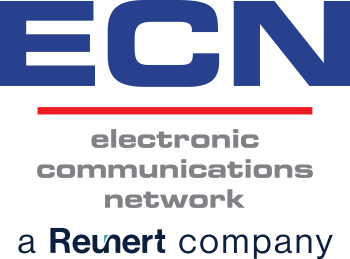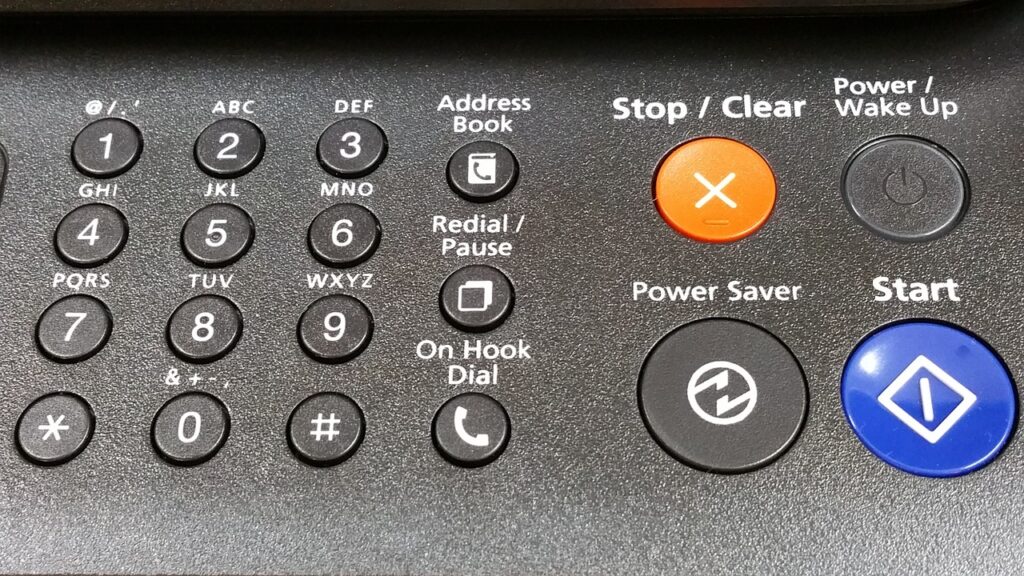While online communication platforms are growing and have proved incredibly useful for customer relations, there is still a big need for telephone systems – particularly when it comes to small business operations. The PBX (private branch exchange) is a flexible system that comes with many useful benefits, but it’s important to know which one is best suited to your business size.
What is a PBX system?
A PBX is a telephone system that can switch calls between users while also sharing external phone lines in certain cases. This used to be reliant on fixed telephone lines, making them quite costly for businesses, but the arrival of the internet has brought about increased phone flexibility at a lower cost.
What are the PBX system types?
Before you can decide on the right PBX system for your small business use, you need to understand the different options available today.
1. Analogue or traditional PBX system
This is the original system that you wouldn’t consider unless there was no option of internet connectivity. It relies on telephone lines for transmitting.
2. Digital PBX system
You can upgrade the traditional PBX system by integrating with the VoIP (Voice over Internet Protocol) systems which is where analogue voice signals are converted into digital signals and sent as data over your broadband line. These provide better sound quality than the analogue systems and have modern features including extensions, transfers, digital answering assistants, voicemail and call forwarding.
3. VoIP PBX system
This system uses existing internet connections to deliver improved call stability, better sound quality and some very useful features such as voicemail to email, mobility integration and video calling. You might need to use SIP trunks for the system to reach its full potential – these are basically virtual phone lines that enable users to make and receive phone calls over the internet to anyone in the world with a phone number. They offer features such as call accounting and advanced call routing.
4. Hybrid PBX System
This telephone system uses both digital PBX and the VoIP technology to create a system that works digitally in-house and VoIP solutions for external numbers. Most hybrid systems support SIP trunk and provide better voice quality. It’s a better system for those requiring on-site, secure lines.
5. Cloud-based or Hosted PBX System
This cloud-based phone system has all applications, features and phone services billed under a monthly invoice. The phone ‘hosts’ provide all your software updates and maintenance. This is a much more cost-effective, flexible option as your small business can enjoy the various features without the hassle.
Certainly, when it comes to looking for a PBX system that suits your small business needs, the hosted PBX system is probably your best bet. It won’t break the budget but also affords you all the necessary features for uninterrupted communication – provided you have relevant internet access.
Tips for choosing the right PBX system for your business
If you aren’t sure which of the aforementioned PBX systems is best suited to your needs, here are a few tips to help you make that decision.
- Cost of the system: One of the biggest determining factors, especially for small businesses, you need to look at the cost of installation and running, as well as whether you’ll be saving money in the long run.
- Internet connection: You will need to test your internet connection to determine whether it’s suited to IP and cloud-based VoIP systems. There are freely-available speed checkers that can assess your upload and download speeds.
- Your telephone needs: Determine your communication needs, such as international or local calls, more outgoing or incoming calls? These will help you decide.
- Features required: Although PBX features can be extensive, there’s no use paying for them if you’re not going to be using them.
- Staff input: Make sure you give your staff the opportunity to voice their opinion on the matter as they will be the ones using the system.
There are so many benefits for small business users looking to install a PBX system. Among these are the cost savings, mobile access, flexibility, security, mobile access and many advanced features. To find the right fit for your business, and enjoy all these telecommunication benefits, contact industry specialists, ECN for more information.

